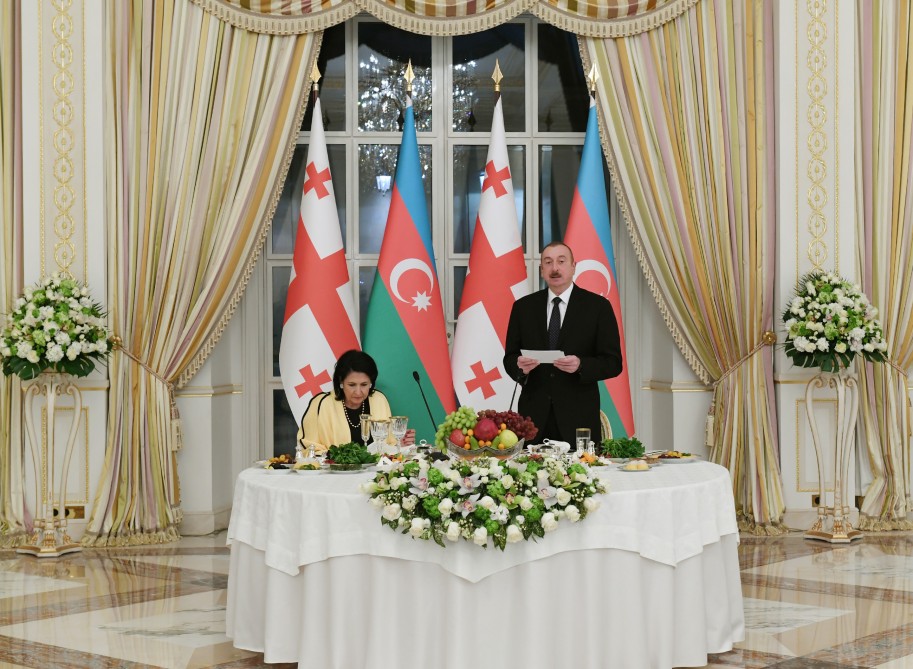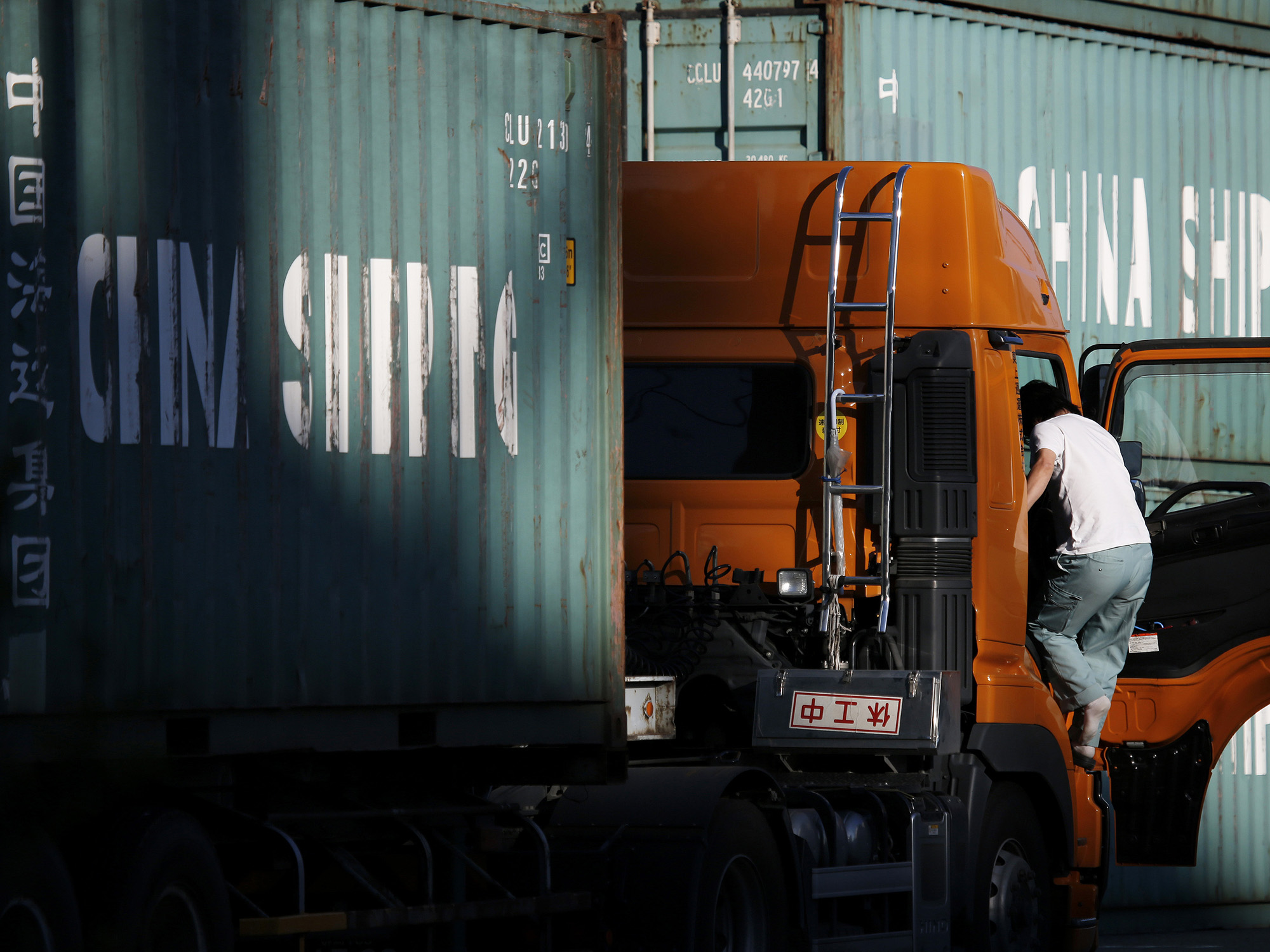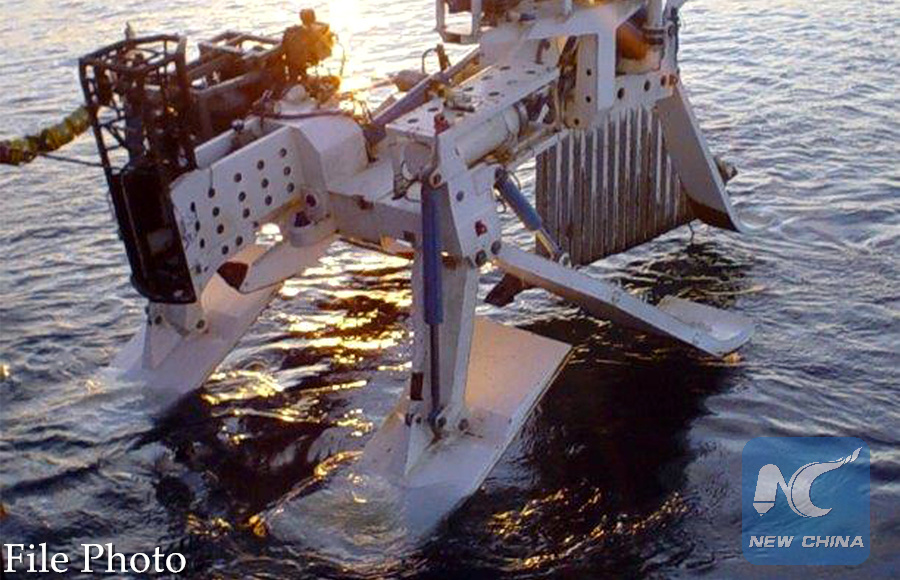EU Observer (28 February 2019)
The EU should strive to be a world leader in digital services, Finland and 16 other member states have said, following French and German proposals on creating industrial champions.
The EU ought to "embrace" the "digital transformation" of its single market, the group-of-17 countries said in a letter to EU Council chief Donald Tusk sent on Tuesday (26 February).
"This implies managing successful transition towards a digitally-driven and sustainable European economy and an offensive industrial policy to innovate and remain globally competitive," they noted.
"The focus should be towards mainstreaming and strengthening services, especially digital services and data economy as an integral part of the single market," they added.
Their mention of "an offensive industrial policy" echoed a recent Franco-German manifesto on creating "European champions" - mega-firms capable of competing with US or Chinese giants on the world stage.
The manifesto was published on 19 February in the wake of a recent European Commission decision to block a merger between German and French railway firmson anti-monopoly grounds - a move described as "stupid" by French economy minister Bruno Le Maire at the time.
The EU-17 letter and the Franco-German ideas are meant to shape the drafting of EU summit conclusions on single market priorities for the next five years when EU leaders meet in Brussels March.
"The Fins took the initiative ... the council conclusions will start being drafted [by EU officials] next week, so if you want them to incorporate your ideas, you have to act now," an EU diplomat told EUobserver.
The EU-17 paper put a strong accent on labour mobility after France, last year, pushed to restrict the rights of workers from low-pay countries, such as Poland, to provide services in wealthier states in western Europe.
"Remaining barriers from labour and learning mobility [should be] removed," it said.
"As industry value chains are highly dependent on services, it is necessary to remove remaining cross-border obstacles as well as to prevent any new barriers and risk of fragmentation in this regard," it added.
"Mutual recognition of professional qualifications should be guaranteed," it said.
The Finnish-led proposals also put a stronger accent than France or Germany on ethical and environmental standards.
"The EU should become a globally significant actor in artificial intelligence and set global standards in ethics," it said.
The digital metamorphosis required "free flow of data" in the EU, but this ought to respect people's "rights" and "privacy", it noted.
"The practices of human-centred and ethical data management should be further strengthened," it said.
"Transition" to a "low-carbon economy", was also a priority, it added.
"The EU should focus on finding solutions that enable the EU to meet its climate and energy targets cost-efficiently [and] enhance energy security," it said.
New coalition minus UK
The signatories of the Finnish paper also included the leaders of Belgium, Croatia, the Czech Republic, Denmark, Estonia, Ireland, Latvia, Lithuania, Luxembourg, Malta, the Netherlands, Poland, Portugal, Slovakia, Slovenia, and Sweden.
The fact the UK, which normally acts in concord with pro-free market states such as the Nordic countries and the Netherlands, did not join showed that the group was losing an important ally due to Brexit.
The absence of Hungary, which normally acts in concord with central European states, highlighted its pariah status under the authoritarian rule of Viktor Orban.
The inclusion of Poland, which is, like Hungary, under an EU sanctions procedure due to its government's abuse of rule of law, indicated that Warsaw wanted to remain part of the European mainstream.
The Poles signed up to the "low-carbon" idea despite the fact they have tried to protect their coal industry from EU climate targets in recent years.
Polish officials also tried to spin the paper as a counter-blast to Franco-German protectionism of their labour markets.
Polish spin
But the EU diplomat said most of the other signatories did not see it that way.
"It's not a reaction to the Franco-German proposals ... the Fins have been promoting similar ideas for years," the diplomat said.
"The letter and the [Franco-German] manifesto are both about ensuring that the single market is ready for competition and about integrating industrial policy with broader EU goals," they added.
"The EU should reflect on how to better link single market policies with other policies to foster sustainable growth including economic, environmental as well as social sustainability," the EU-17 letter said.
No comments yet.
- RUSSIA'S OIL, GAS INVESTMENTS IN IRAQ EXCEED 10 BLN USD Iraq 28.02.2019
-
 PRESIDENT ILHAM ALIYEV HOSTED OFFICIAL RECEPTION IN HONOR OF GEORGIAN PRESIDENT SALOME ZOURABICHVILI
The Caucasus and Turkish-Armenian Relations
28.02.2019
PRESIDENT ILHAM ALIYEV HOSTED OFFICIAL RECEPTION IN HONOR OF GEORGIAN PRESIDENT SALOME ZOURABICHVILI
The Caucasus and Turkish-Armenian Relations
28.02.2019
-
 CHINA-BACKED TRADE PACT FACES FRESH HURDLES AMID BALI TALKS
Asia - Pacific
28.02.2019
CHINA-BACKED TRADE PACT FACES FRESH HURDLES AMID BALI TALKS
Asia - Pacific
28.02.2019
- IRAN, ARMENIA INK TWO COOPERATION DEALS The Caucasus and Turkish-Armenian Relations 28.02.2019
-
 RUSSIA LAUNCHES FIBER-OPTIC COMMUNICATION LINE ON DISPUTED ISLANDS
Asia - Pacific
28.02.2019
RUSSIA LAUNCHES FIBER-OPTIC COMMUNICATION LINE ON DISPUTED ISLANDS
Asia - Pacific
28.02.2019
-
25.01.2016
THE ARMENIAN QUESTION - BASIC KNOWLEDGE AND DOCUMENTATION -
12.06.2024
THE TRUTH WILL OUT -
27.03.2023
RADİKAL ERMENİ UNSURLARCA GERÇEKLEŞTİRİLEN MEZALİMLER VE VANDALİZM -
17.03.2023
PATRIOTISM PERVERTED -
23.02.2023
MEN ARE LIKE THAT -
03.02.2023
BAKÜ-TİFLİS-CEYHAN BORU HATTININ YAŞANAN TARİHİ -
16.12.2022
INTERNATIONAL SCHOLARS ON THE EVENTS OF 1915 -
07.12.2022
FAKE PHOTOS AND THE ARMENIAN PROPAGANDA -
07.12.2022
ERMENİ PROPAGANDASI VE SAHTE RESİMLER -
01.01.2022
A Letter From Japan - Strategically Mum: The Silence of the Armenians -
01.01.2022
Japonya'dan Bir Mektup - Stratejik Suskunluk: Ermenilerin Sessizliği -
03.06.2020
Anastas Mikoyan: Confessions of an Armenian Bolshevik -
08.04.2020
Sovyet Sonrası Ukrayna’da Devlet, Toplum ve Siyaset - Değişen Dinamikler, Dönüşen Kimlikler -
12.06.2018
Ermeni Sorunuyla İlgili İngiliz Belgeleri (1912-1923) - British Documents on Armenian Question (1912-1923) -
02.12.2016
Turkish-Russian Academics: A Historical Study on the Caucasus -
01.07.2016
Gürcistan'daki Müslüman Topluluklar: Azınlık Hakları, Kimlik, Siyaset -
10.03.2016
Armenian Diaspora: Diaspora, State and the Imagination of the Republic of Armenia -
24.01.2016
ERMENİ SORUNU - TEMEL BİLGİ VE BELGELER (2. BASKI)
-
AVİM Conference Hall 24.01.2023
CONFERENCE TITLED “HUNGARY’S PERSPECTIVES ON THE TURKIC WORLD"









